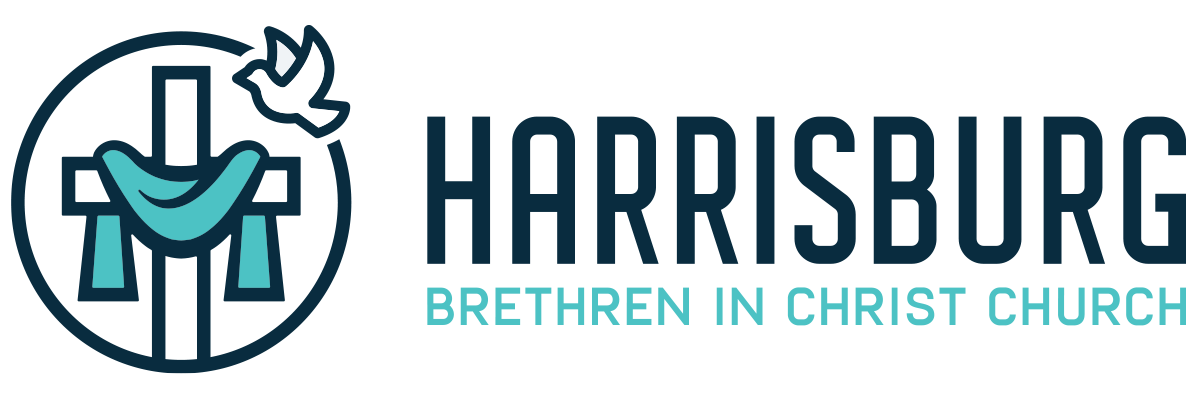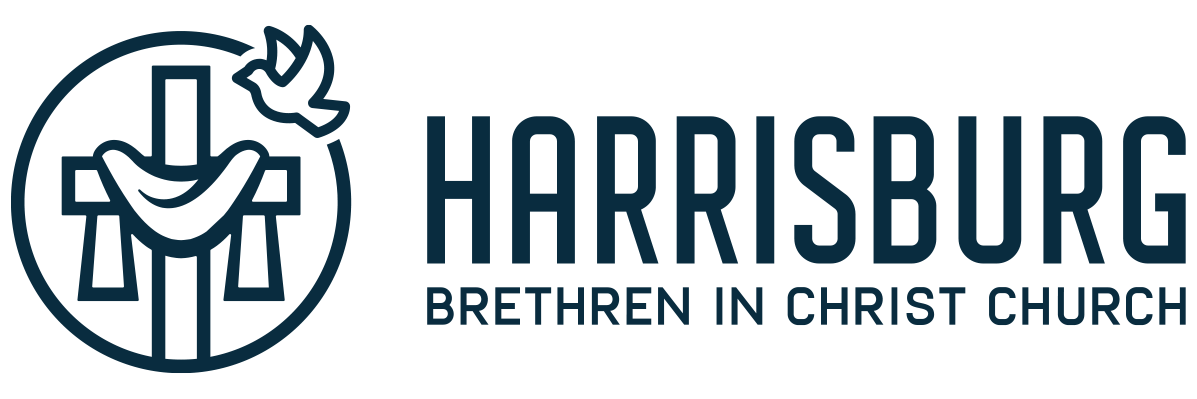So Moses said, “This is what the Lord says: ‘About midnight I will go throughout Egypt.’” At midnight the Lord struck down all the firstborn in Egypt, from the firstborn of Pharaoh, who sat on the throne, to the firstborn of the prisoner, who was in the dungeon, and the firstborn of all the livestock as well. Exodus 11:4; 12:29
Dear HBIC Family,
I have always been fascinated by the relationship between light and darkness. More than mere opposites, they also seem to be unable to truly exist outside of one another oftentimes to me. For example, we know light because we know darkness. Or we appreciate the light because we are freed from darkness. If life was all light, we would not understand true darkness, and of course the opposite of this is true – if life was all dark, we would not truly know the light.
There is a dependency and interconnectedness with light and dark. In Scripture, John was one of the first teachers who helped me learn this. John often uses dark/darkness as a symbol of evil, with good symbolized by light. His use is temporal. It may be dark now, but light has come, or true light is already shining. For John, dark is the period before the dawn, and light is the daytime; dark is the old and light is the new.
In the next few weeks, we will be looking at light and dark, focused on what midnight means to the people of God. We will see stories of how God moves powerfully. We will see stories of how God’s people stayed faithful. We will be challenged to trust God in our present situations, to hope in the dawn that God promises, and to walk by faith in doing all that God has asked us to do.
This week, we will begin our God at Midnight series looking at the Passover story that marks God’s people’s exodus from oppression to freedom, from cursed to blessed, and from dark to light. To prepare for this week’s services, I invite you to read and meditate on Exodus 11-12. As you reflect, I would like to ask you to focus on the following questions:
- Where do you see darkness in this story? Where do you see light?
- What do we learn about God in the plagues that came down on Egypt?
- What do we learn about God in the Passover?
- Why was it important for the people to obey and fully trust God?
- At midnight, there was judgment. Was there also grace?
- Why do you think God has asked this story to be passed on to future generations?
Thomas Fuller, an English pastor and historian, is credited with the parable, “It is always darkest just before the day dawneth.” I believe he wrote this in a geography “book” of the Holy Land, which I find interesting. Nevertheless, the parable has lived on. And it has served as a reminder that no matter the dark, the light is coming; it is a reminder that darkness is here, but it will never completely overwhelm the light.
I love that before God made light, there was darkness. It helps us know that the reality of darkness does not just mean evil is here, or that the world is not as it should be. It helps us to know that God is working, and that light is coming. It helps us to know that what we see and experience is not all there is and all that God is doing (or will do).
The people of Israel were oppressed, and their spirit was deeply grieved. They were enslaved, and their bodies were grossly abused. They were in the dark with seemingly no hope and no future. At midnight, God showed up in a powerful way. At midnight, there was judgment and grace. At midnight, there was death and life. At midnight, the day broke and God’s love carried them through.
Sisters and brothers, praise God whose light is already shining. Praise Jesus who is the light of the world. And praise the Holy Spirit who empowers us to be light too.
Love in Christ,
Pastor Hank (Exodus 11:4, 12:29)

